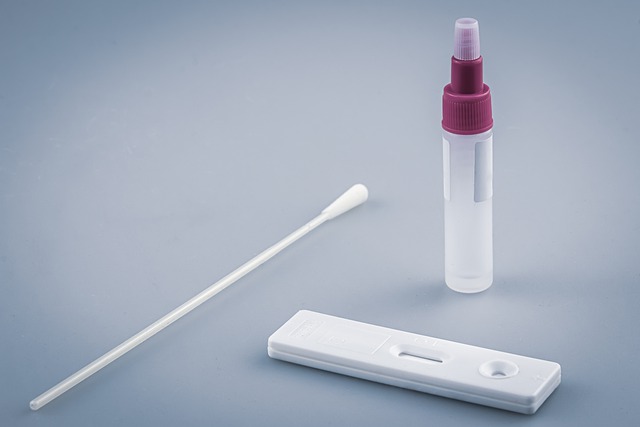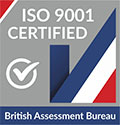Whether or not companies have to conduct federally mandated testing in the United States, many companies are considering using or are already implementing COVID-19 Corporate Testing as a means of keeping their workers safe and their operations compliant with local and federal regulations.
The use of COVID testing may be more appropriate depending on each company’s industry and location. For example, a survey of 40,000 people shows that finance and insurance workers are more likely to be vaccinated than construction and agricultural workers.
Employers with workers in locations where there are a higher number of COVID-19 cases may also benefit more from testing than those in locations with low rates of COVID-19 transmission.
Companies with high vaccination rates may also consider reducing or eliminating testing, depending on their unique situation and local and possibly federal regulations.
Here are some things to keep in mind when setting up a testing program.
How Many Times Per Week Will Testing Occur?
The proposed OSHA mandate says that unvaccinated employees will be tested weekly. However, companies may want to implement their own standards, depending on the COVID-19 risk to their employees.
As an example, customer-facing employees who cannot socially distance themselves may benefit from testing more often than once a week. However, other employee populations may consider less frequent testing.
How Many Employees Will be Tested?
Companies may choose to test certain classifications of employees more or less frequently. Additionally, employers may have a large number of contractors, who may have different requirements regarding their testing frequency, again, dependent upon local and possibly federal regulations.
How Many Employees Are Vaccinated?
Within OSHA’s proposed mandate, vaccinated employees would not require testing regularly. Providing employees with On-Site COVID Vaccination Services may reduce the need for regular testing by increasing access to the COVID vaccines for all employees. As of November 2021, booster shots have not been mandated. Therefore any vaccinated employees would not need to be tested regularly.
How Does the Company Acquire Test Kits?
While test kit producers are currently increasing their production, there is a chance that the demand for test kits may outstrip the supply. (This is especially relevant if the US federal mandate begins on Jan 4, 2022).
Companies committed to testing programs should be prepared to contract with multiple test kit suppliers. If one supplier cannot meet the company’s needs, another may be able to provide a similar product without delay.
RMI works with multiple test kit providers to help ensure test kits are available. Companies can contract with a single source with multiple vendors like RMI or contract with multiple vendors to increase the likelihood that test kits will be available.
How Does the Company Comply with Regulations?
Although the proposed OSHA mandate was discussed in this article, there are multiple local regulations that companies must follow. There are also multiple disclosure requirements, such that employees must understand the test process and what will be done with their medical information (including their test results).
An expert Occupational Health Coordination company, like RMI, will be able to give your company more information about how to set up a testing program in your area.


